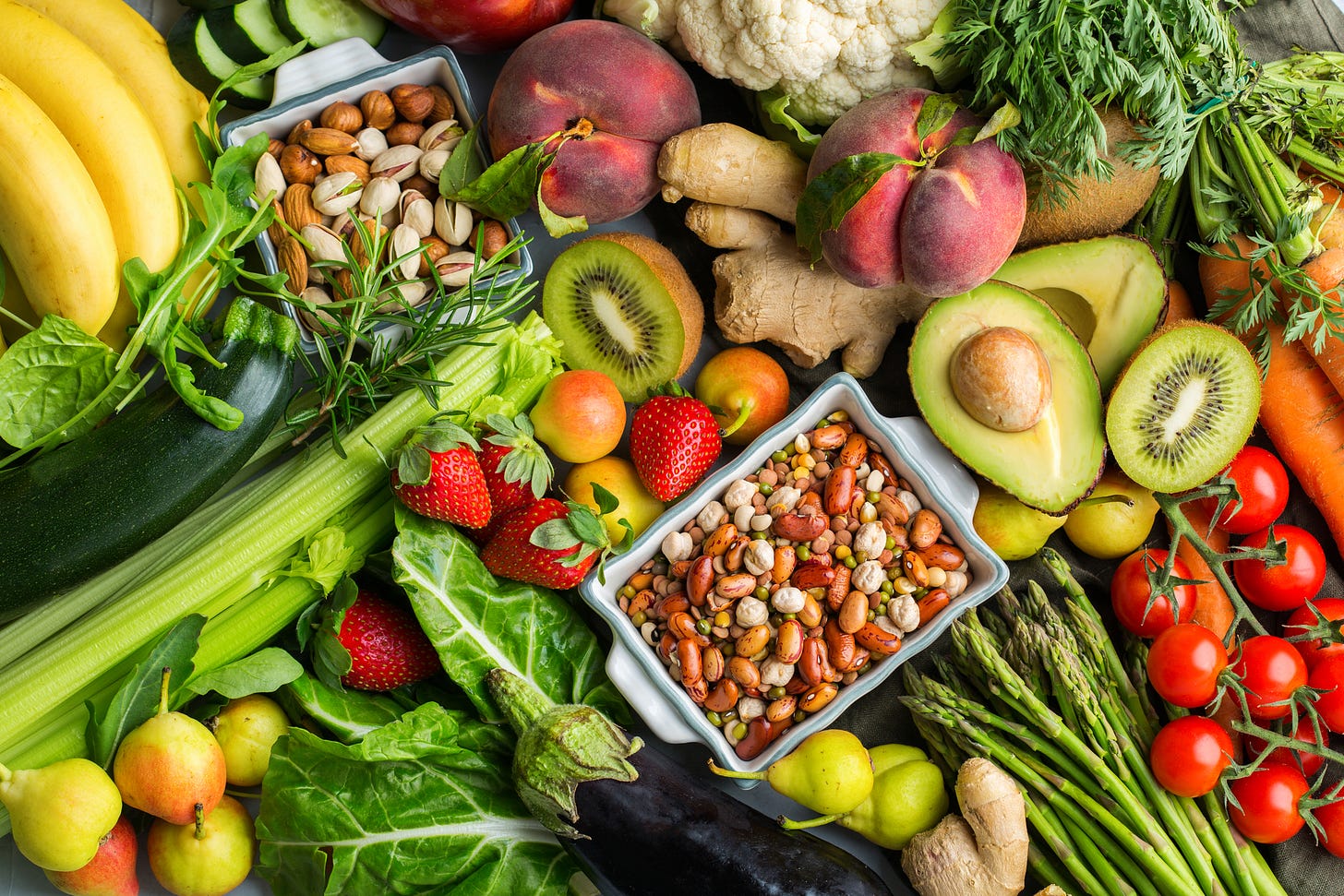Two recent studies published in prestigious scientific journals are urging people to consider eating more plants for both their health and the well-being of the planet.
Benefits for the Environment
The first study, published in the journal Nature Communications, suggests that replacing just half of the meat products in our diets with plant-based alternatives could lead to a remarkable reduction in global agricultural pollution. The researchers estimate that this simple dietary shift could decrease agricultural pollution by a third by 2050, compared to 2020 levels.
This significant decrease in pollution would come with additional environmental benefits, including:
Reduced land use: By requiring less land to produce, plant-based diets could help to halt deforestation and protect vital ecosystems.
Lower methane emissions: Cattle farming is a major contributor to methane production, a greenhouse gas far more potent than carbon dioxide. Eating less meat would lead to lower methane emissions, helping to combat climate change.
Health Benefits of Plant-Based Diets
The second study, published in the journal BMC Medicine, examined the health benefits of replacing animal-based foods with plant-based alternatives. This comprehensive review found that plant-based diets are associated with a reduced risk of several chronic diseases, including:
Heart disease: Replacing processed meat with nuts or legumes was found to reduce the risk of heart disease by 27%.
Type 2 diabetes: The study also found that replacing processed meat with nuts or legumes reduced the risk of type 2 diabetes by 22%.
Additionally, the researchers found that substituting butter with olive oil and eggs with nuts may also offer potential health benefits.
Shifting Dietary Habits for a Sustainable Future
These two studies add to the growing body of evidence suggesting that plant-based diets are beneficial for both our health and the planet. As we face the challenges of climate change and food insecurity, it is becoming increasingly clear that a shift towards plant-based eating is both necessary and beneficial.
Here are some ways you can start incorporating more plants into your diet:
Start small: Make small changes to your diet, such as adding more vegetables to your meals or replacing one meat-based meal per week with a plant-based alternative.
Explore plant-based recipes: There are countless delicious and healthy plant-based recipes available online and in cookbooks.
Experiment with different plant-based proteins: There are many delicious and nutritious plant-based proteins available, such as tofu, tempeh, seitan, and lentils.
Find support: Connect with other people who are eating more plants and share tips and recipes.
By making small changes to our diets, we can all make a positive impact on our health and the environment.
Additional Resources for Embracing a Plant-Based Lifestyle
In addition to the two studies mentioned in the article, here are some additional resources to help you learn more about the benefits of a plant-based diet and how to make the switch:
Websites:
Books:
How Not to Die by Michael Greger, MD
The China Study by T. Colin Campbell, PhD, and Thomas M. Campbell II
The Vegan Starter Kit by Eric C. Lindstrom
Documentaries:
Apps:
Support Groups:
By taking advantage of these resources, you can learn more about the benefits of a plant-based diet and veganism plus get the support you need to make a successful transition. Remember, small changes can make a big difference. Start by incorporating more plants into your diet today and see how you feel!




